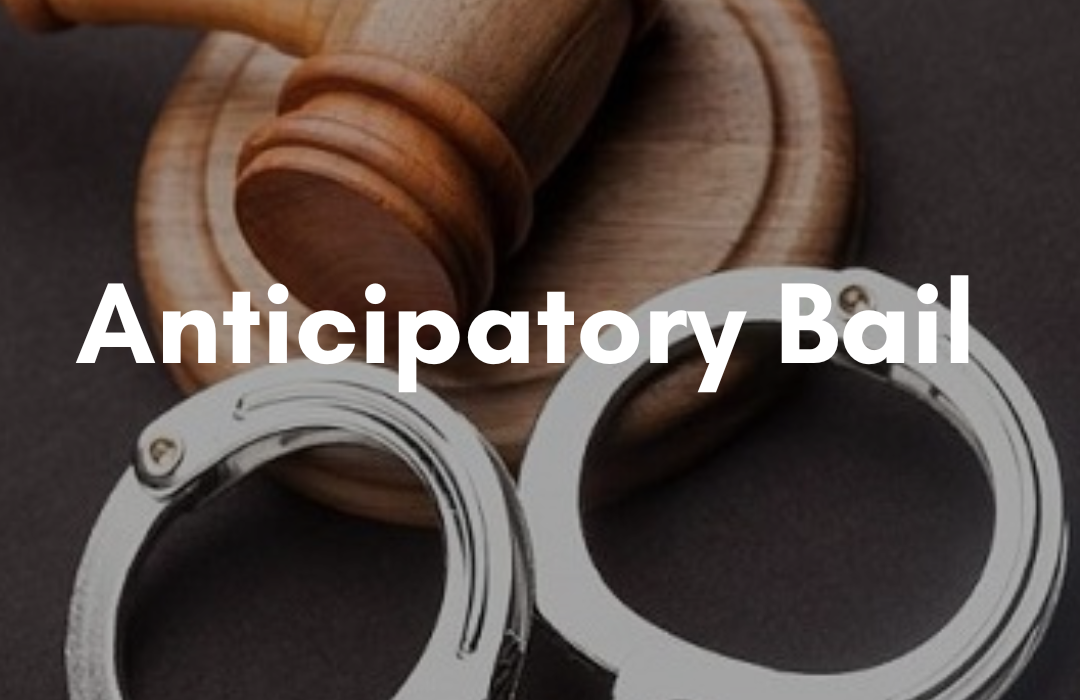How to Get Anticipatory Bail in India: Step-by-Step Guide
In India, anticipatory bail offers legal protection to people who face the threat of arrest for a non-bailable offence. This legal remedy ensures that the police cannot arrest someone without giving them a chance to defend themselves in court. If you fear a false complaint or expect legal trouble, you must act fast and follow the right steps to secure your rights. Here’s a clear guide on how to get anticipatory bail in India.
What Is Anticipatory Bail?
Anticipatory bail allows a person to apply for bail before the police arrest them. The Indian legal system, under Section 438 of the Criminal Procedure Code (CrPC), gives this option to anyone who anticipates arrest in a non-bailable case. This legal step protects personal freedom and helps prevent misuse of the law.
Step-by-Step Process to Get Anticipatory Bail
Step 1: Recognize the Threat of Arrest
You must identify the possibility of arrest. If someone threatens legal action or you expect a police case, you should act without delay.
Step 2: Consult a Criminal Lawyer
A skilled criminal lawyer will examine your case, assess the legal threat, and draft a strong anticipatory bail application. Include all important facts, reasons for fear of arrest, and any supporting documents.
Step 3: File the Anticipatory Bail Application
Your lawyer must file the application under Section 438 CrPC. You can file it in either the Sessions Court or the High Court, depending on the seriousness of the case.
Step 4: Attend the Court Hearing
During the hearing, your Criminal lawyer in Noida must argue that you cooperate with the investigation, pose no threat to the victim or evidence, and deserve protection from arrest. The public prosecutor may oppose the bail, but the court considers all facts before making a decision.
Step 5: Follow Court Conditions
If the court grants anticipatory bail, you must follow all conditions strictly. The court may direct you to:
- Visit the police station regularly
- Avoid contacting the complainant
- Stay within a specific jurisdiction
Failure to follow these terms may lead to cancellation of bail.
Step 6: Appeal if the Court Denies Bail
If the Sessions Court refuses your bail application, you can immediately approach the High Court. If necessary, your lawyer can take the matter to the Supreme Court.
Conclusion
Anticipatory bail protects your freedom before arrest in a legal case. With proper legal help and timely action, you can avoid unnecessary custody and protect your rights. Stay alert, stay informed, and take the right legal steps without delay.



